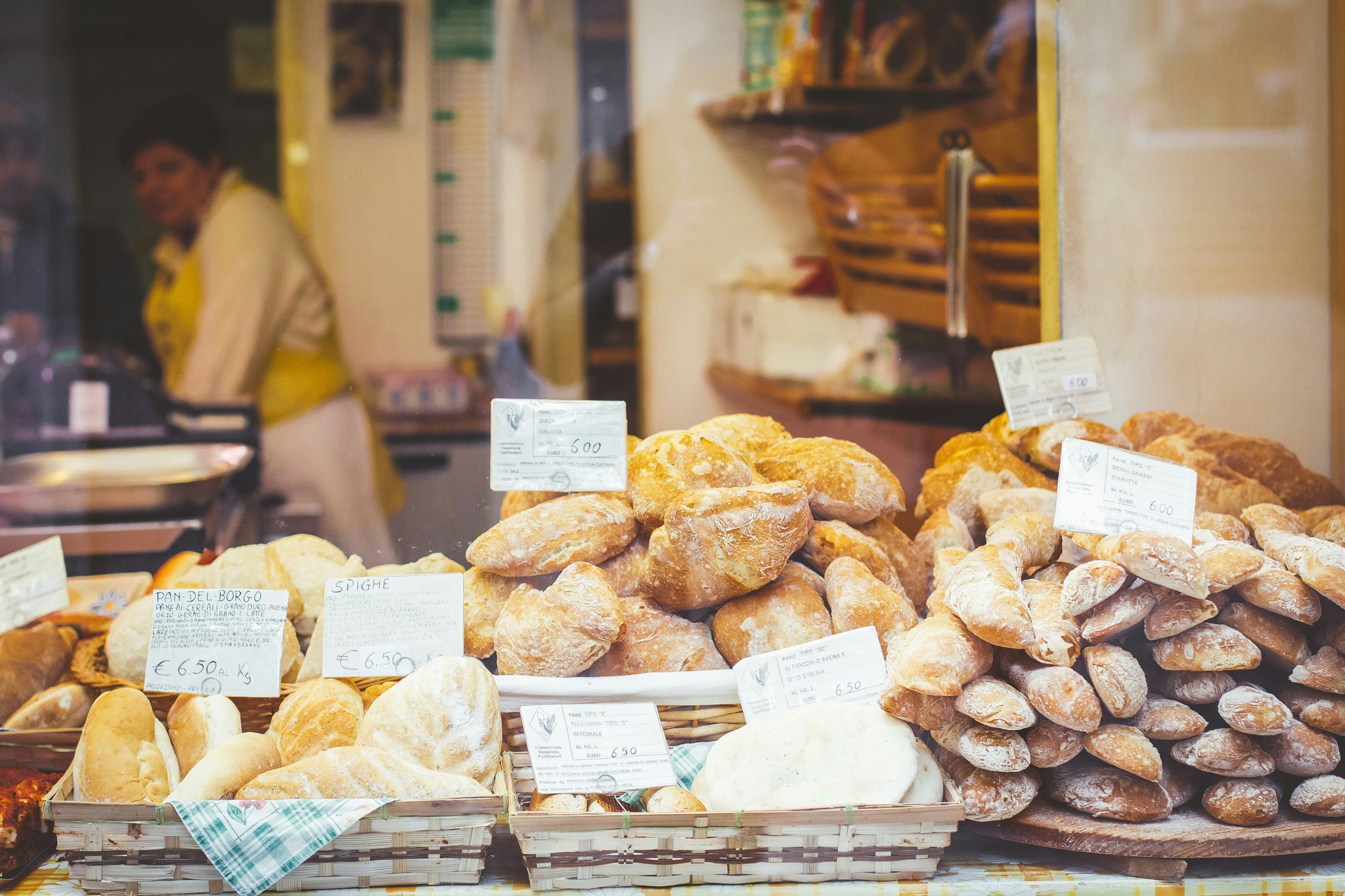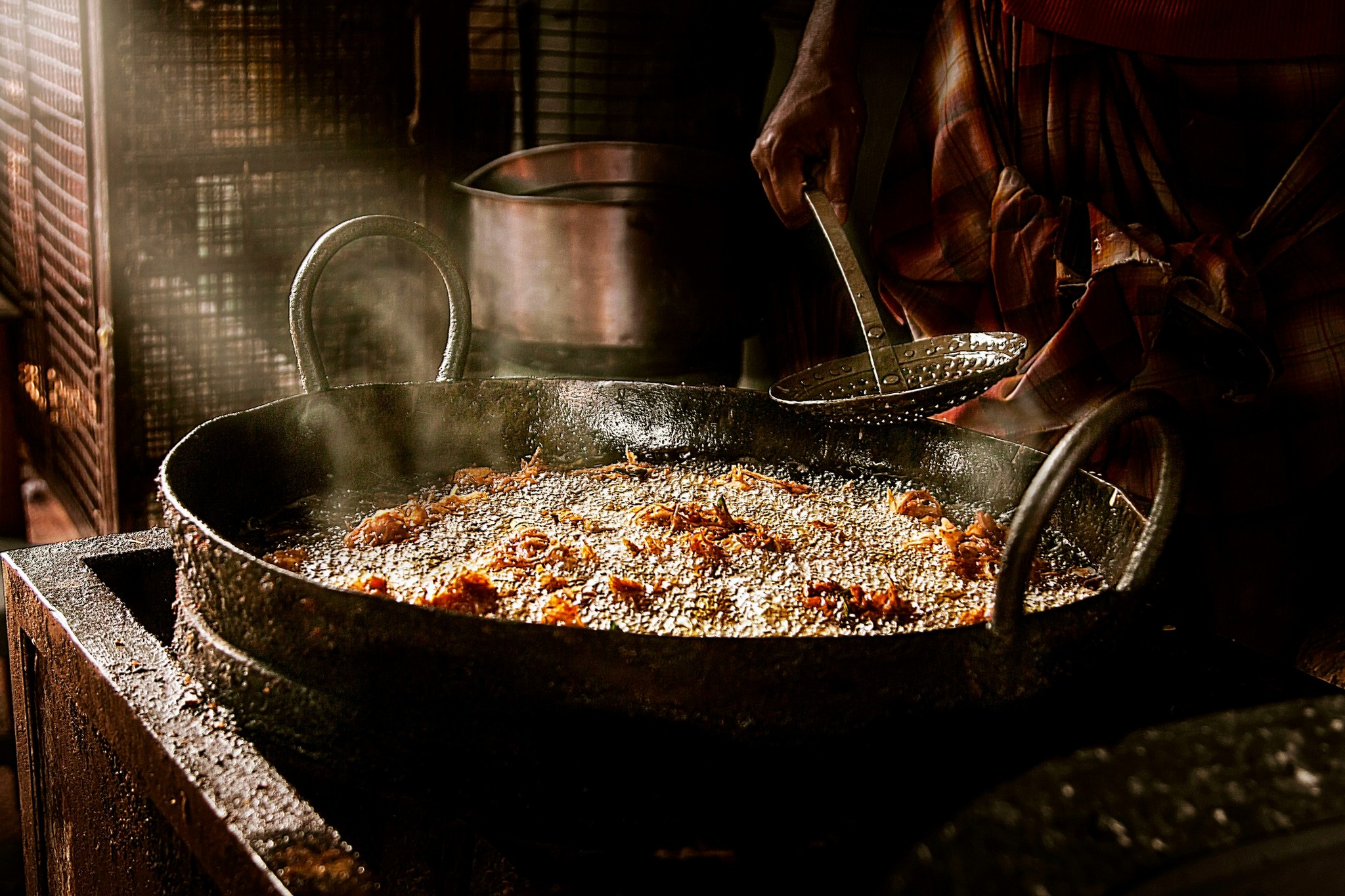29. feb. 2024
The History of Fine Dining: From Ancient Feasts to Modern Gastronomy
We delve into the rich history of fine dining, tracing its evolution from ancient banquet halls to the Michelin-starred restaurants of today. It could explore key moments and figures in culinary history, as well as trends and innovations that have shaped the dining landscape over the centuries.
Fine dining is a culinary tradition that has evolved over centuries, influenced by culture, history, and the changing tastes of society. From the opulent feasts of ancient civilizations to the Michelin-starred restaurants of today, the history of fine dining is a fascinating journey through time. In this article, we'll explore the rich history of fine dining, tracing its origins and evolution to the modern-day culinary landscape.
Ancient Feasts and Banquets
The roots of fine dining can be traced back to ancient civilizations such as Mesopotamia, Egypt, and Rome, where lavish banquets were held to celebrate important occasions and entertain guests of honor. These feasts were elaborate affairs, featuring a vast array of dishes served in multiple courses, accompanied by music, entertainment, and lavish decorations. Food was seen as a symbol of wealth and status, and feasting was an opportunity for rulers to display their power and hospitality.
The Renaissance and the Birth of Modern Cuisine
The Renaissance period saw a resurgence of interest in the culinary arts, as Italian chefs began to experiment with new ingredients and cooking techniques. The concept of the "modern" meal, consisting of multiple courses served in a specific order, emerged during this time, laying the foundation for the fine dining experience as we know it today. The French court also played a significant role in shaping fine dining, with chefs such as Marie-Antoine Carême and Auguste Escoffier codifying the rules of haute cuisine and elevating cooking to an art form.
Fine dining is a culinary tradition that has evolved over centuries, influenced by culture, history, and the changing tastes of society. From the opulent feasts of ancient civilizations to the Michelin-starred restaurants of today, the history of fine dining is a fascinating journey through time. In this article, we'll explore the rich history of fine dining, tracing its origins and evolution to the modern-day culinary landscape.
Ancient Feasts and Banquets
The roots of fine dining can be traced back to ancient civilizations such as Mesopotamia, Egypt, and Rome, where lavish banquets were held to celebrate important occasions and entertain guests of honor. These feasts were elaborate affairs, featuring a vast array of dishes served in multiple courses, accompanied by music, entertainment, and lavish decorations. Food was seen as a symbol of wealth and status, and feasting was an opportunity for rulers to display their power and hospitality.
The Renaissance and the Birth of Modern Cuisine
The Renaissance period saw a resurgence of interest in the culinary arts, as Italian chefs began to experiment with new ingredients and cooking techniques. The concept of the "modern" meal, consisting of multiple courses served in a specific order, emerged during this time, laying the foundation for the fine dining experience as we know it today. The French court also played a significant role in shaping fine dining, with chefs such as Marie-Antoine Carême and Auguste Escoffier codifying the rules of haute cuisine and elevating cooking to an art form.





